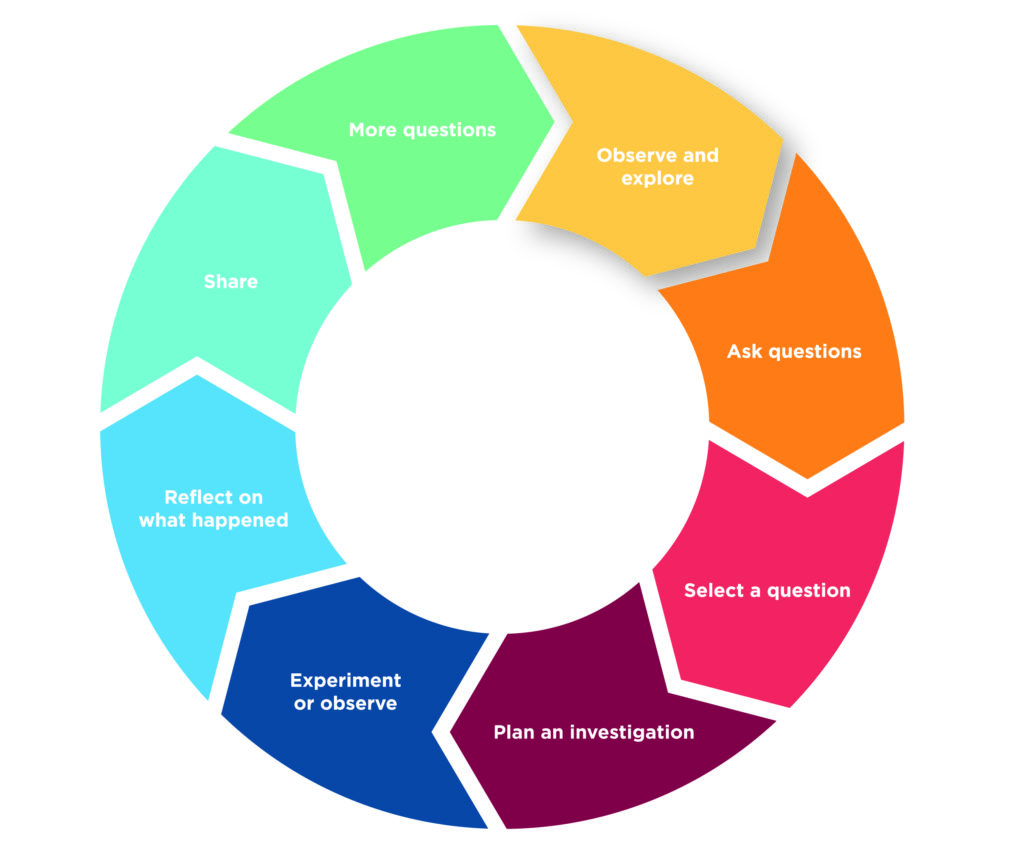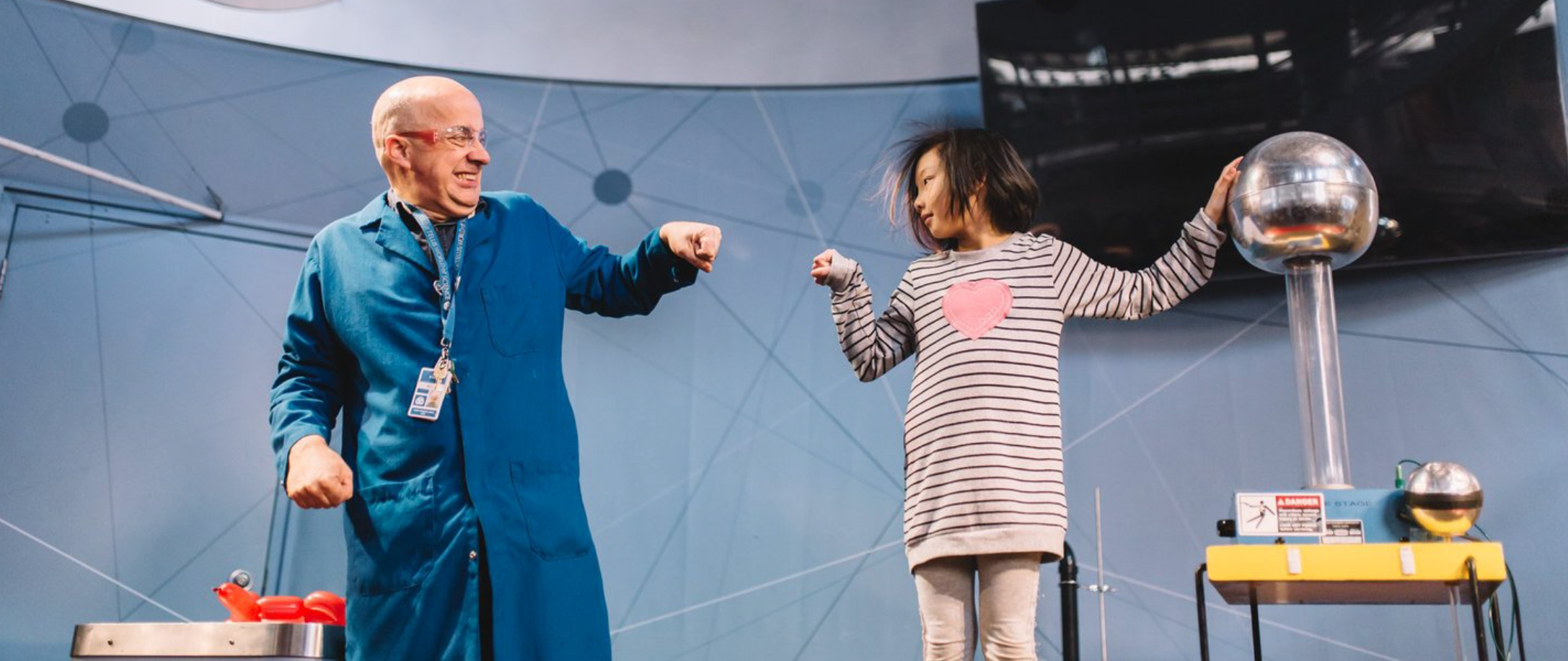If you've ever been to Science World, you’ll have noticed our great love of puzzles, surprises, magic tricks and illusions. But what do these things have to do with science?
When a scientist makes an observation, it sparks their curiosity and they launch into a deeper exploration. When startled and astonished by illusions or an unexpected outcome, we all become scientists. We want (or even demand!) to know:
- How?
- Why? and,
- Can it be done again?!
Surprising events are excellent ways to inspire children to develop an inquisitive, scientific mindset.
In our collection of free science resources we have a number of "discrepant events." Each of these resources play on students’ previous knowledge to expose surprising results. Discrepant events can be a fun way to either introduce a new concept in science or test your students’ understanding. They are also powerful tools to develop inquiry skills.
An effective way to use discrepant events is to ask what could happen prior to the demonstration, emphasizing that you aren’t looking for a correct answer but asking students to think broadly. After demonstrating the discrepant event, let your students experiment with the materials to investigate any variable that occurs to them. Ask them to note what questions occur to them, and which variables they investigated. If your goal is to develop your students’ inquiry skills (such as generating testable questions, planning and conducting experiments, communicating results or evaluating) make that explicit and direct your feedback toward those skills regardless of what the "correct" answer is or whether your students’ investigations are leading them in the "right" directions.

We encourage you to take advantage of our collection of astonishing activities! We've picked our favourite discrepant events and listed them below.
Other Resources
Getting Started with Student Inquiry in Science | BC Ministry of Education
Structuring Inquiry Professional Development Workshop | Assessing and Planning for Inquiry Professional Development Workshop | Science World
